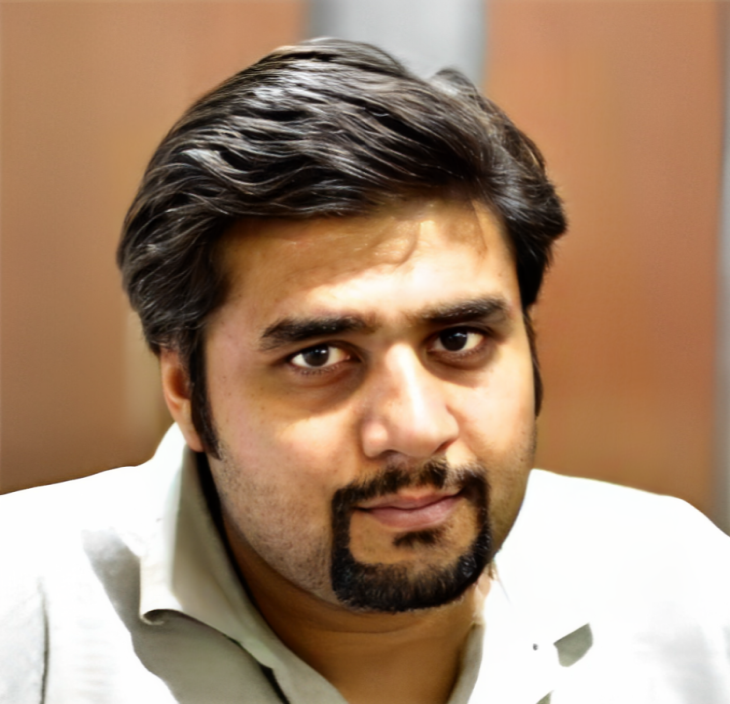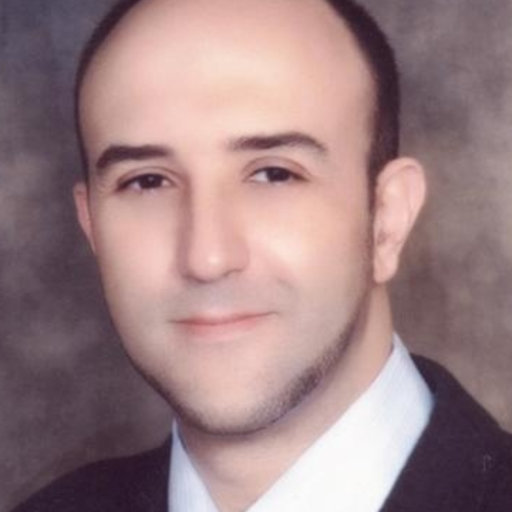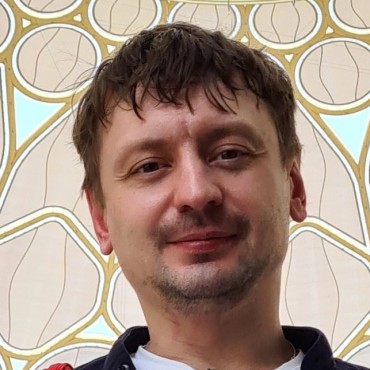Optical Coherence Tomography (OCT) is a well-established technique for retinal diagnostics, now expanding into non-ophthalmological fields such as dermatology, oncology, mucosal tissue diagnostics and more. OCT boasts mesoscopic resolution, implying that the resolution volume encompasses only a few cells. It also offers a deeper penetration depth (approximately a few millimeters) compared to microscopy, effectively bridging the gap between ultrasound and microscopy. The OCT signal features are highly sensitive to the properties of sub-resolved optical scatterers. For example, speckle pattern parameters correlate with scatterer concentrations and scatterer clustering, while speckle variance is sensitive to scatterer motion, such as blood flow, among other features. Moreover, OCT can be made sensitive to optical phase and polarization. These features are enhanced by enabling AI. By combining all these technology development components into a seamless pipeline, one can achieve high-performance diagnostics and perform optical biopsy and virtual histology. Leveraging these advancements, numerous OCT applications have emerged over the recent decade. The majority of these approaches and applications are based on specific OCT images and signal processing. This workshop comprises four subsequent panels and is dedicated to the whole pipeline from OCT technology development and signal formation, through signal features and preprocessing, to AI-enabling and practical implementations and applications.
2. Workshop Duration:
Full-Day Workshop (6 hours)
3. Areas of Interest:
- Developments in OCT technology and modalities (e.g., polarization-sensitive OCT, elastography and more)
- OCT signal formation and processing (e.g., signal simulations, preprocessing, numerical aperture synthesis, phase-sensitive OCT, speckle processing, attenuation coefficient mapping and more)
- AI enablement in OCT (e.g., models, training, prompting, case studies and more)
- Functional imaging, practical implementations, and clinical applications (e.g., skin, cancer, bones, dentistry, endoscopy, women health and more)
4. Important Dates:
- Paper Submission Deadline: May 9, 2024
- Paper Acceptance Notification: June 6, 2024
- Final Paper Submission Deadline: June 19, 2024
- Author Registration Deadline: July 11, 2024
The papers MUST be submitted through ICIP 2024 paper management system, and will undergo the review process like the regular paper submissions. The manuscripts accepted in this workshop will be published on IEEE Xplore upon oral presentation.
5. Workshop Organizers:
Taimur Hassan, Abu Dhabi University, UAE

Taimur Hassan received the Ph.D. degree in computer engineering from the National University of Sciences and Technology, Islamabad, Pakistan, in 2019. He is currently working as an Assistant Professor in the Department of Electrical, Computer and Biomedical Engineering at Abu Dhabi University, United Arab Emirates. Dr. Hassan has led many local and foreign research projects. His research interests lie in the fields of medical imaging, deep learning, computer vision, embedded systems, and robotics. Dr. Hassan’s Ph.D. research won the Gold Award in the Research and Development Category at the Pakistan Software Houses Association for IT and ITeS (P@SHA) ICT Awards in 2016, the Gold Award in the Research and Development Category at the Asia Pacific ICT Alliance (APICTA) Awards in 2016, and the Gold Award in the Artificial Intelligence category at P@SHA ICT Awards in 2018. He is also a recipient of many national and international awards.
Azhar Zam, New York University Abu Dhabi, UAE

Azhar Zam is an Associate Professor of Bioengineering at the Division of Engineering, New York University in Abu Dhabi (NYUAD). He is also an Associated Faculty at the Department of Biomedical Engineering and the Department of Electrical and Computer Engineering, NYU Tandon School of Engineering in New York. Dr. Zam received his Bachelor of Science from University of Indonesia, his M.Sc. in Biomedical Engineering from University of Luebeck in Germany and his PhD in Engineering from Friedrich-Alexander-University Erlangen-Nuremberg in Germany. He is the founder and director of the Laboratory for Advanced Bio-Photonics and Imaging (LAB-π) at NYUAD. Zam’s research interests focused on the development of smart devices for medical imaging, diagnostics, and monitoring using novel optical technologies, which include smart laser surgery, optical coherence tomography (OCT), photoacoustics, biomedical spectroscopy, AI-aided optical diagnostics and imaging, optical-based smart biosensors, and miniaturized systems. He is an associate editor for the Biophotonics section of Frontiers in Photonics and reviews editor for the Retina section of Frontiers in Ophthalmology. He has written over 100 peer-reviewed articles and book chapters, and books and holds more than several patents.
Naoufel Werghi, Khalifa University, UAE

Dr. Naoufel Werghi received a Research Habilitation and PhD in Computer Vision from the University of Strasbourg. Currently, he is a full Professor in the Department of Computer Sciences and leading the Artificial intelligence and Big Data theme at the Center of Secure Cyber-Physical Systems at Khalifa University. His main research area is 2D/3D image/video analysis and understanding, where he has been leading several funded projects related to biometrics, medical imaging robotics, surveillance, inspection and intelligent systems. He is Associate Editor of the IEEE Transactions on Circuits and Systems for Video Technology, the IEEE Journal of Biomedical and Health Informatics, and the Eurasip Journal for Image and Video Processing. He has been a member of the organizing committee in many conferences including the the Midwest Symposium on Circuits and Systems and the International Conference on Image Processing.
Lev Matveev, OpticElastograph LLC

Lev Matveev received his B.S. and M.S. degrees in Radiophysics from Nizhniy Novgorod State University in 2005 and 2007 respectively. He was also awarded a Ph.D. degree in Acoustics from the Institute of Applied Physics of the Russian Academy of Sciences in 2010. Since 2015 he is a Senior Research Scientist with the Institute of Applied Physics of the Russian Academy of Sciences. In 2023, he became a Co-founder and Chief Data Scientist at OpticElastograph LLC. For the 2023/2024 period, he is serving as a Researcher (contractor) within the Internal Research Grant at Ajman University. From 2013 to 2018, he also held a Research Scientist position at Privolzhy Medical Research University. His research interests include: the development of new signal and data processing and simulation approaches for medical imaging and non-destructive evaluation in optical coherence tomography, microscopy, and ultrasound; statistical machine learning for medical imaging and biomedical data processing, pre-clinical and clinical research. He has co-authored over 60 peer-reviewed journal articles, including over 20 in WoS Q1 journals, and more than 80 conference proceedings.
Alex Vitkin, University of Toronto, Canada

Alex Vitkin is an engineering physicist/biomedical engineer by training, with further specialization in medical physics and biomedical optics. He is currently a professor of Medical Biophysics and Radiation Oncology at the University of Toronto, a senior scientist at the Ontario Cancer Institute (Biophysics and Bio-imaging division), and a clinical medical physicist at Princess Margaret Cancer Centre. He has published over 190 papers and book chapters on diagnostic and therapeutic uses of light in biomedicine, focusing on functional optical coherence tomography and tissue polarimetry. He has lectured widely internationally, including delivering special seminars and summer school modules on biophotonics in Mexico, Brazil, Taiwan, Colombia, New Zealand, Ukraine, Germany, USA, Cyprus, India and China; he is currently an active participant in the SPIE Visiting Lecturer and Optica Travelling Lecturer programs. Dr. Vitkin is also a board-certified medical physicist thru the Canadian College of Physicists in Medicine (CCPM), and is a Fellow of the Optical Society of America (Optica), the Society of Photo-Optical Instrumentation Engineers (SPIE), and American Institute of Medical and Biological Engineers (AIMBE). He is the 2022 recipient of SPIE’s GG Stokes Award in Optical Polarization. He has served as a session chair and program organizer for various conferences in biomedical optics, such as Photonics North (Quebec City, Canada), Canadian Association of Physicists (Charlottetown, Canada), Bio-thermo-acoustics in Medicine (Denver, USA), Laser Applications in Life Sciences (Moscow, Russia), and European Biomedical Optics Conference (Munich, Germany).